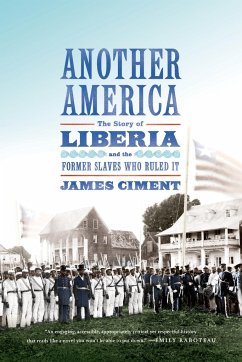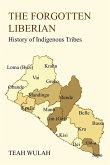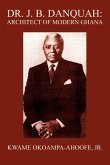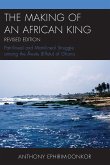The first popular history of the former American slaves who founded, ruled, and lost Africa's first republic In 1820, a group of about eighty African Americans reversed the course of history and sailed back to Africa, to a place they would name after liberty itself. They went under the banner of the American Colonization Society, a white philanthropic organization with a dual agenda: to rid America of its blacks, and to convert Africans to Christianity. The settlers staked out a beachhead; their numbers grew as more boats arrived; and after breaking free from their white overseers, they founded Liberia-Africa's first black republic-in 1847. James Ciment's Another America is the first full account of this dramatic experiment. With empathy and a sharp eye for human foibles, Ciment reveals that the Americo-Liberians struggled to live up to their high ideals. They wrote a stirring Declaration of Independence but re-created the social order of antebellum Dixie, with themselves as the master caste. Building plantations, holding elegant soirees, and exploiting and even helping enslave the native Liberians, the persecuted became the persecutors-until a lowly native sergeant murdered their president in 1980, ending 133 years of Americo rule. The rich cast of characters in Another America rivals that of any novel. We encounter Marcus Garvey, who coaxed his followers toward Liberia in the 1920s, and the rubber king Harvey Firestone, who built his empire on the backs of native Liberians. Among the Americoes themselves, we meet the brilliant intellectual Edward Blyden, one of the first black nationalists; the Baltimore-born explorer Benjamin Anderson, seeking a legendary city of gold in the Liberian hinterland; and President William Tubman, a descendant of Georgia slaves, whose economic policies brought Cadillacs to the streets of Monrovia, the Liberian capital. And then there are the natives, men like Joseph Samson, who was adopted by a prominent Americo family and later presided over the execution of his foster father during the 1980 coup. In making Liberia, the Americoes transplanted the virtues and vices of their country of birth. The inspiring and troubled history they created is, to a remarkable degree, the mirror image of our own.
Hinweis: Dieser Artikel kann nur an eine deutsche Lieferadresse ausgeliefert werden.
Hinweis: Dieser Artikel kann nur an eine deutsche Lieferadresse ausgeliefert werden.









